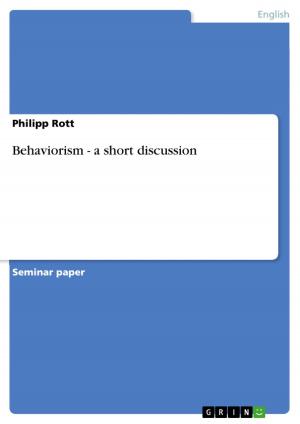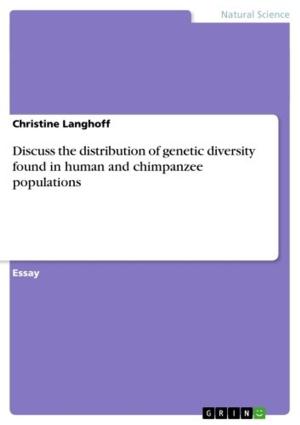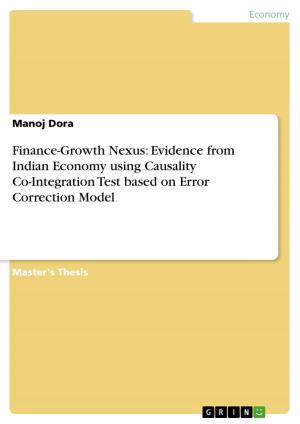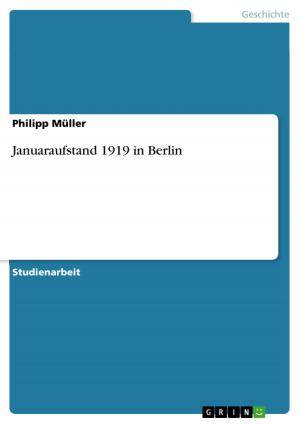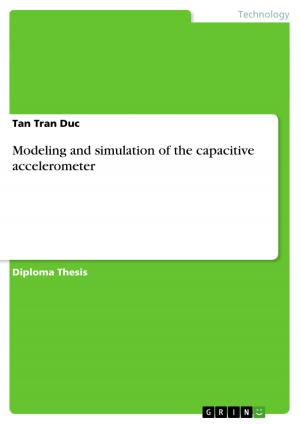The Link between Knowledge Management and Human Resource Management
Business & Finance, Human Resources & Personnel Management| Author: | Viktoria Sass | ISBN: | 9783656162377 |
| Publisher: | GRIN Publishing | Publication: | March 30, 2012 |
| Imprint: | GRIN Publishing | Language: | English |
| Author: | Viktoria Sass |
| ISBN: | 9783656162377 |
| Publisher: | GRIN Publishing |
| Publication: | March 30, 2012 |
| Imprint: | GRIN Publishing |
| Language: | English |
Essay from the year 2011 in the subject Business economics - Personnel and Organisation, grade: 75 %, Queensland University of Technology, course: Contemporary Issues in HRM, language: English, abstract: Since the beginning of the 1990's knowledge management has gained a significant role in research as well as in practice in today's global organisations. This is due to several changes that took place in the last 20 years, one of the most important ones being the general and global shift from manufacturing to service business (Evans, 2003), increasing global competition and the rise and development of information and communication technology (ICT) (Davenport & Prusak, 1998). Information and knowledge today are often seen as the main determining factors of competitiveness of organisations (Evans, 2003). Modern organisations therefore have to ask themselves how to implement an effective knowledge management. The terms knowledge and knowledge management are difficult to define and differ in meaning according to the context. Therefore, in order to keep it simple, both terms should be seen, in this essay, in the context of an organisation's knowledge management system which is 'a system that enhances organizational learning through facilitation of knowledge (both tacit and explicit) exchange and sharing' (Yahya & Goh, 2002, p. 458). This essay will deal with the link between knowledge management and human resource management (HRM) and in particular with the question how HRM can contribute to share tacit knowledge within an organisation.
Essay from the year 2011 in the subject Business economics - Personnel and Organisation, grade: 75 %, Queensland University of Technology, course: Contemporary Issues in HRM, language: English, abstract: Since the beginning of the 1990's knowledge management has gained a significant role in research as well as in practice in today's global organisations. This is due to several changes that took place in the last 20 years, one of the most important ones being the general and global shift from manufacturing to service business (Evans, 2003), increasing global competition and the rise and development of information and communication technology (ICT) (Davenport & Prusak, 1998). Information and knowledge today are often seen as the main determining factors of competitiveness of organisations (Evans, 2003). Modern organisations therefore have to ask themselves how to implement an effective knowledge management. The terms knowledge and knowledge management are difficult to define and differ in meaning according to the context. Therefore, in order to keep it simple, both terms should be seen, in this essay, in the context of an organisation's knowledge management system which is 'a system that enhances organizational learning through facilitation of knowledge (both tacit and explicit) exchange and sharing' (Yahya & Goh, 2002, p. 458). This essay will deal with the link between knowledge management and human resource management (HRM) and in particular with the question how HRM can contribute to share tacit knowledge within an organisation.




